Buy an automatic generator and extended warranty at no cost.
Get the 10-year warranty instead of the 5-year warranty ($2,000 value).
Some conditions apply*
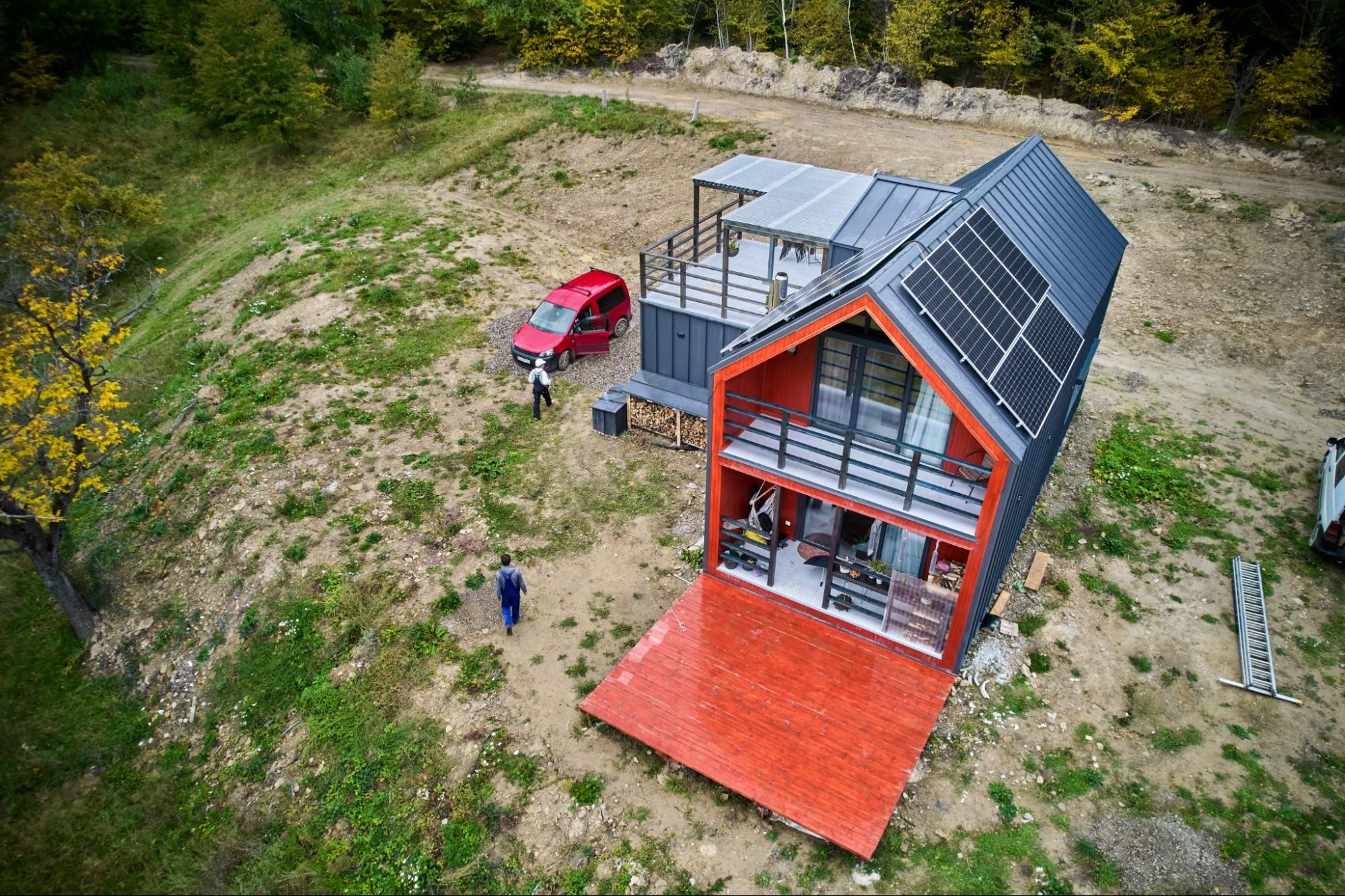
Living off the grid in Quebec is a viable option for those who want energy autonomy, but requires careful planning. Solar photovoltaic systems combined with storage batteries and a backup generator are the most reliable solution. The Quebec climate requires oversized systems to compensate for reduced production in winter. Municipal regulations vary considerably by region, and obtaining permits requires the intervention of RBQ certified professionals. The initial investment is substantial, but the complete autonomy justifies the project for many owners.
Living off-grid means producing and managing your own electricity without connecting to the Hydro-Québec grid. This complete energy autonomy requires a renewable energy production system, generally solar or wind, coupled with storage batteries and often a backup generator to ensure a constant supply of power.
In Quebec, this approach is becoming increasingly popular, especially in remote areas where connecting to the network is a major logistical and financial challenge.
Off-grid living isn't just about electricity. It also involves the autonomous management of water, heating and sometimes sanitation. However, the energy aspect remains the most complex technical challenge, especially in the harsh climate of Quebec where extreme winter temperatures and short days test the resilience of any system.
Photovoltaics represent the most common solution for off-grid installations in Quebec. Solar technologies are becoming more and more efficient, even in cold climates like Quebec's, according to the Government of Quebec, especially with the recent technological advances in bifacial panels that capture light reflected by the snow.
A typical solar system for an off-grid residence in Quebec includes solar panels with an installed capacity generally between 8 and 15 kW, inverters to convert current, charge controllers, a lithium battery bank for storage, and an intelligent energy management system. Quebec's particularity requires generous sizing to compensate for reduced winter production.
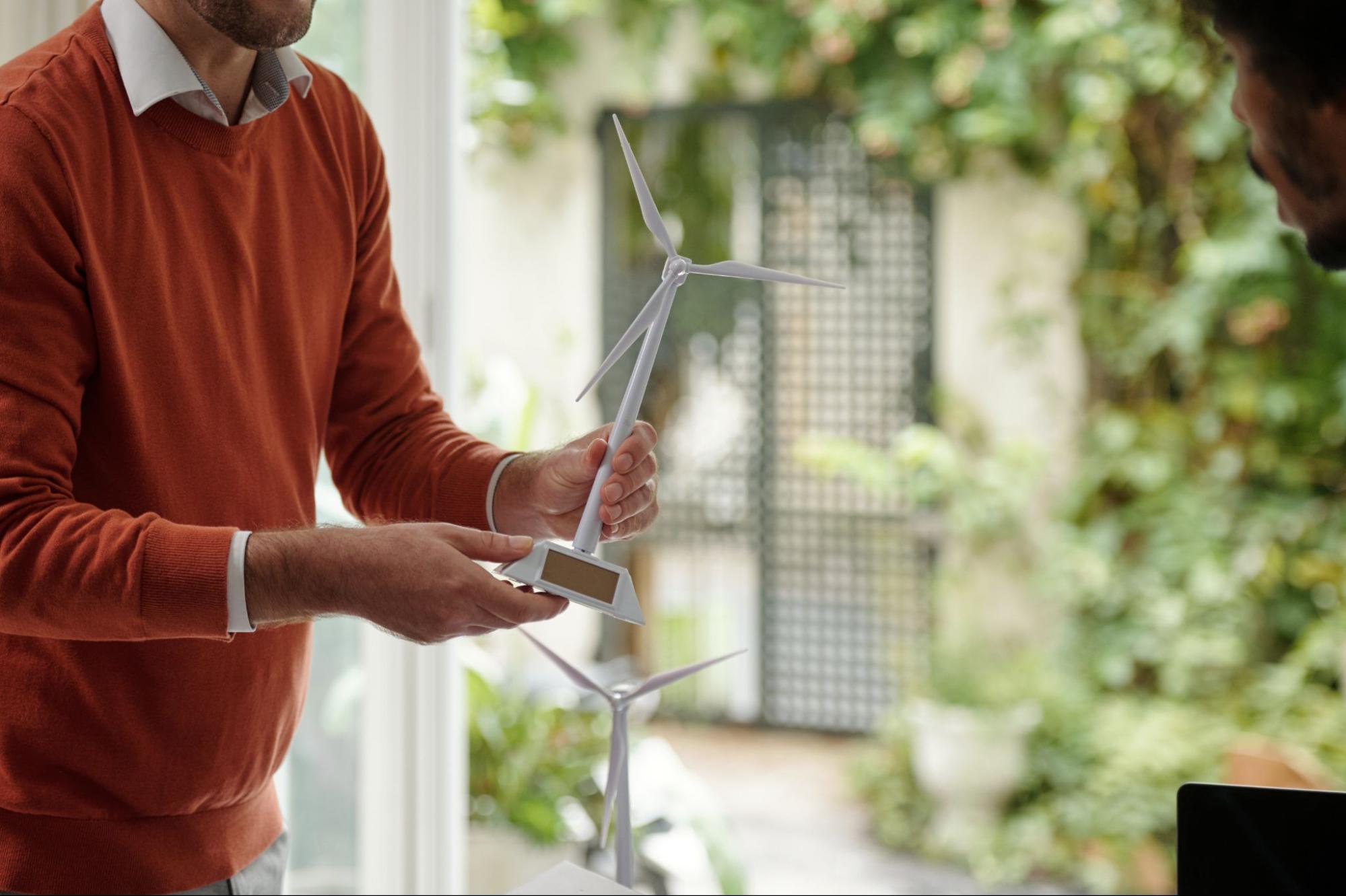
Wind energy is an excellent complement to solar energy, especially during the winter months when solar production decreases. The coastal regions of Bas-Saint-Laurent, Gaspesie and high areas benefit from constant winds.
Modern residential wind turbines are an excellent complement to off-grid systems in windy areas in Quebec. However, they require specific permits and must respect strict noise and distance standards from neighbouring properties.
In the Quebec context, a backup generator often represents the difference between a reliable system and a problem system. Propane or diesel generators provide a backup source of energy during extended periods of low renewable production.
Modern generators are quieter, more efficient, and more environmentally friendly. They are activated automatically when the batteries reach a critical threshold. For an off-grid residential system, a generator whose capacity is adapted to the needs of the residence ensures a reliable source of emergency energy. Typical use is limited to a few hours per week during the winter, keeping fuel consumption and environmental impact at acceptable levels.
The solar-wind-generator combination offers the best reliability for the Quebec climate. During the summer, the sun dominates. Wind power takes over during the windy autumn and winter months. The generator acts as a safety net during exceptional periods.
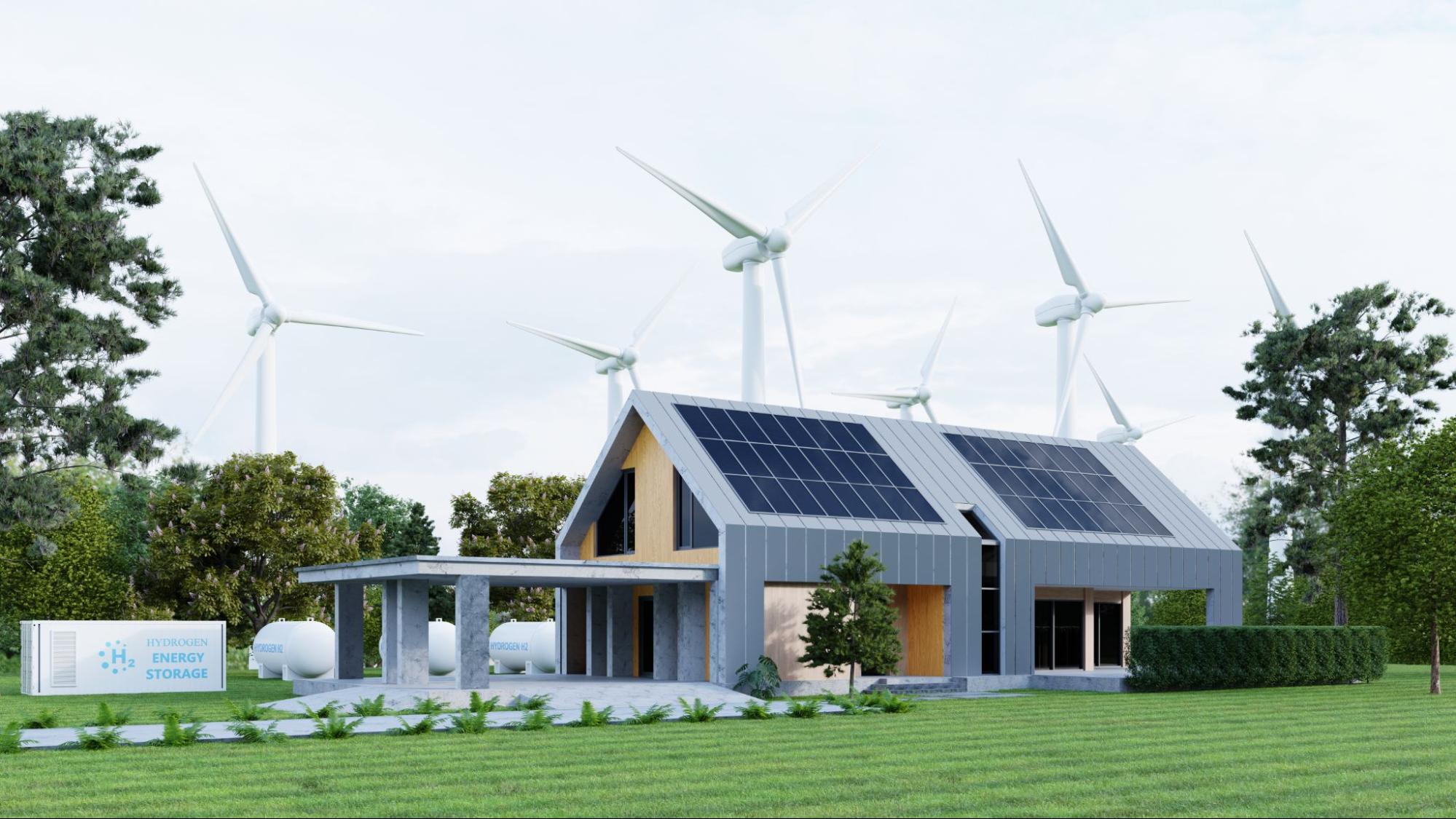
In Quebec, off-grid installations must comply with the Construction Code and the Electrical Code. The Régie du Bâtiment du Québec (RBQ) requires that all electrical work be carried out by certified master electricians, thus guaranteeing the safety and conformity of the installations.
Homeowners must obtain several permits: municipal building permits, electrical permits from the RBQ, environmental assessment according to location, drilling permits for water wells and permits for autonomous septic systems.
Regulations vary considerably from one municipality to another. Some MRCs encourage off-grid projects, others impose strict restrictions, particularly concerning wind turbines and generators in residential areas.
Protected agricultural areas and unorganized territories (TNOs) have their own particularities. In these remote areas, living off the grid may be the only practical option. To ensure the conformity of your installation, it is recommended to use specialized consulting services.
Complete energy autonomy: You are no longer dependent on the electrical network and potential outages. This independence provides peace of mind that is particularly appreciated in remote areas where interruptions can last several days.
Reduced environmental impact: Renewable systems produce clean electricity. Even with a generator used occasionally, your carbon footprint decreases considerably.
Sustainability in remote areas: In sectors where connecting to the grid would require prohibitive investments, an off-grid system becomes economically advantageous.
Real estate valuation: Properties equipped with well-designed off-grid systems generally see an increase in value, especially in rural markets.
Substantial initial investment: Initial investment is a major obstacle. A complete system with solar panels, batteries, generator and professional installation requires a significant budget.
Rigorous energy management: Living off the grid requires constant monitoring of consumption and production. Cloudy winter days require careful management of reserves.
Regular maintenance required: Batteries, panels, wind turbines and generators require periodic maintenance. Replacing batteries represents a major cost to expect. Modern lithium batteries have a lifespan of 10 to 15 years in optimal conditions of use. Generators require regular oil changes.
Quebec winter challenges: The months of November to February present particular challenges with short days and limited sunshine. Snow should be clear of the signs after storms.
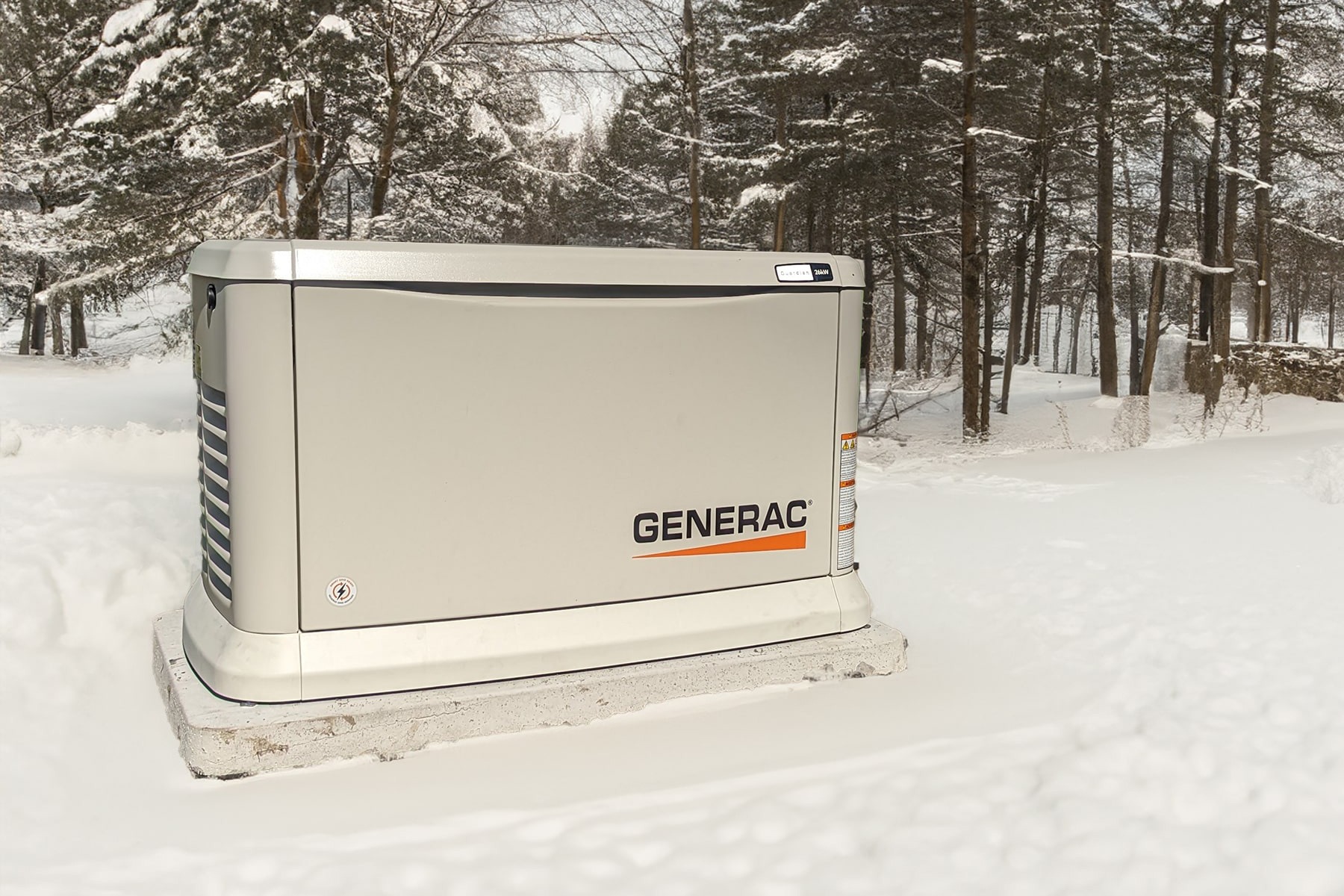
Sizing represents the most critical aspect of an off-grid system in Quebec. The calculations should consider the worst-case period (December-January) rather than the annual average, as winter solar production is significantly reduced.
Before investing in an off-grid system, maximize the energy efficiency of your building. Superior insulation, Energy Star performance windows, and efficient appliances significantly reduce energy needs.
Modern energy management systems automatically optimize consumption according to production and available reserves. These technologies make it possible to program energy-intensive devices during periods of maximum production.
Energy storage is the core of a reliable off-grid system. Modern lithium batteries offer higher energy density and extended life. Appropriate sizing makes it possible to go through several consecutive days of low production without depending on the generator.
The success of an off-grid project depends largely on The expertise of professionals involved. In Quebec, look for certified installers with specific experience in the northern climate. Relevant certifications include an RBQ license in electricity, ideally an NABCEP certification for solar, and demonstrated experience in Quebec off-grid systems.
For the environmental and regulatory aspects of your project, professional environmental study services ensure compliance and facilitate the obtaining of the necessary permits.
Are you considering energy autonomy for your Quebec property? Each off-grid project is unique and requires a thorough professional assessment. Our team of experts has the necessary experience to assess the viability of your project, navigate complex regulations and guide you to the best technical solutions adapted to the Quebec climate.
Contact us as of today for a personalized consultation. We will analyze your specific situation, your energy needs and the particularities of your land to design a reliable system combining renewable energies and backup solutions. Transform your vision of energy autonomy into a concrete reality.
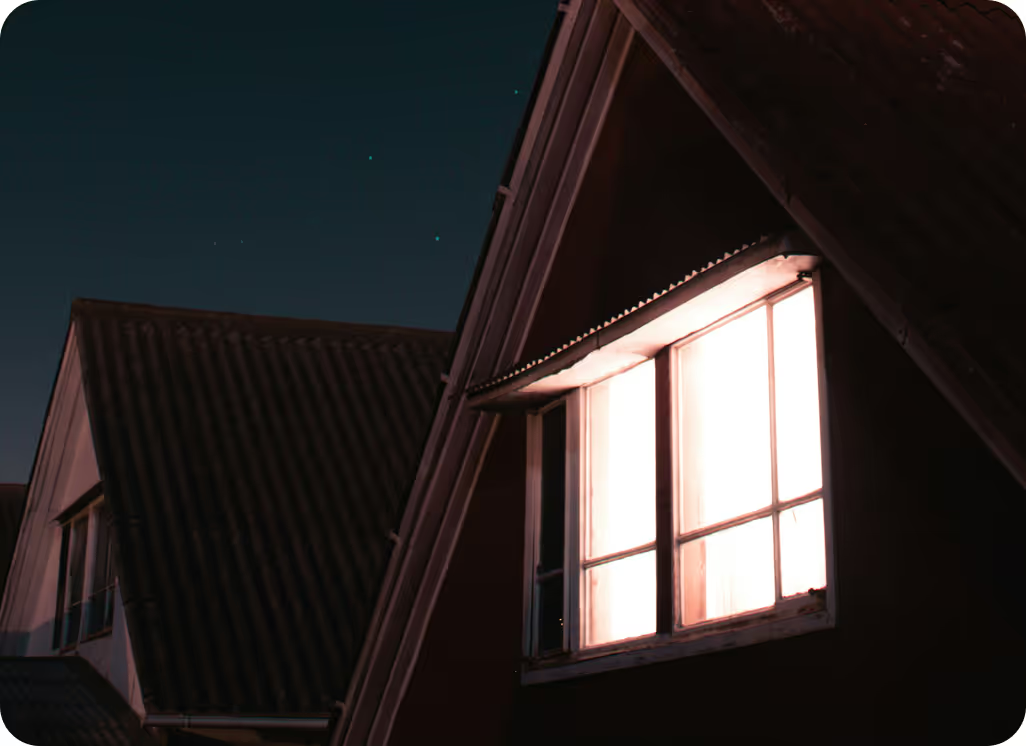
Generac automatic generators combine innovation and reliability to protect your home, season after season.
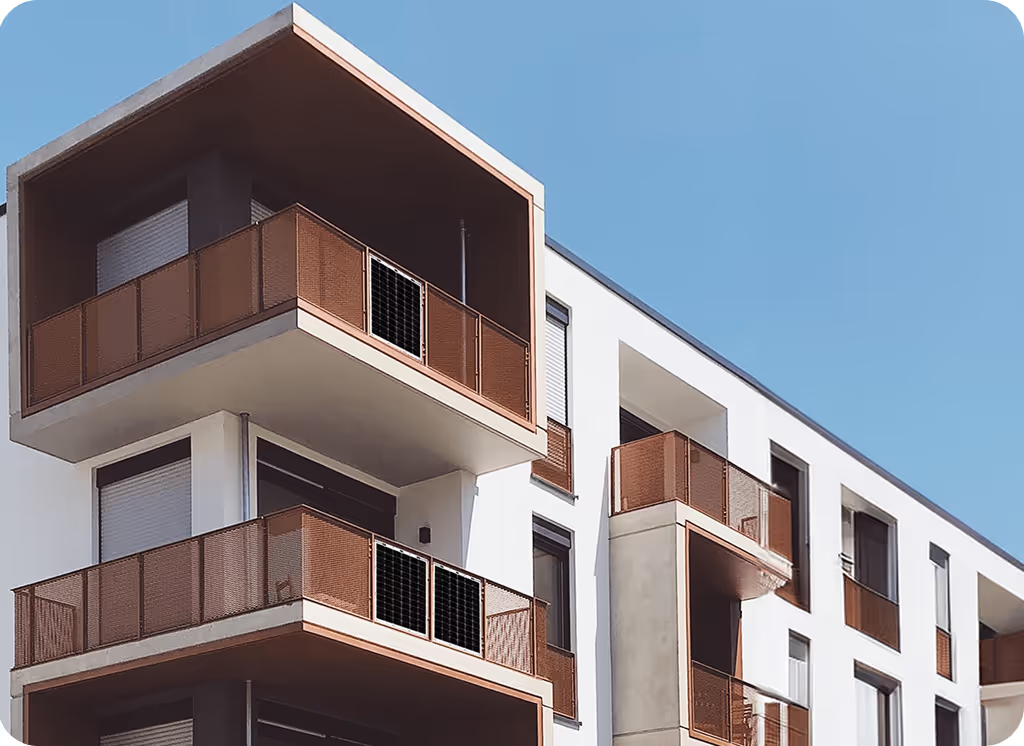
Capture every ray to light up your home. Our solar panels transform light into clean and sustainable energy, for a home that is always powered.
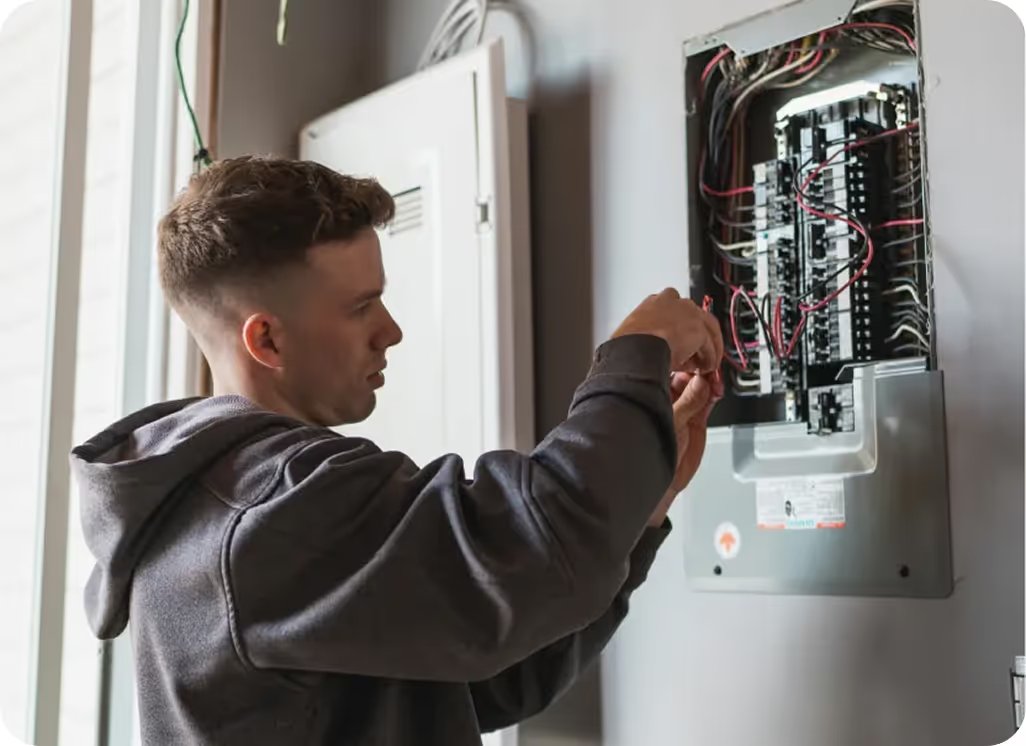
Peace of mind starts here: an electrical panel that's built to last, designed for you.
.avif)
Make sure you always have the spark you need. Elios Litio10.2 wall batteries store excess solar energy so that you remain autonomous.